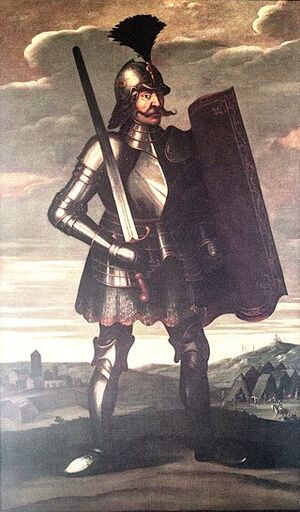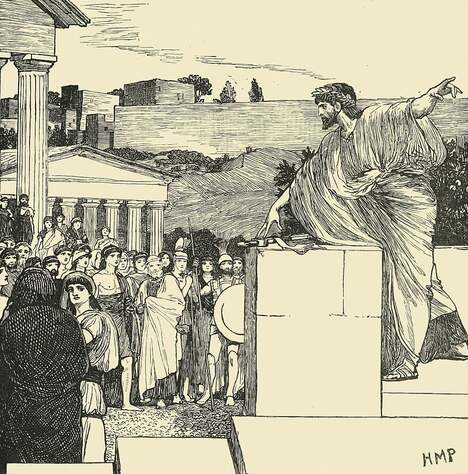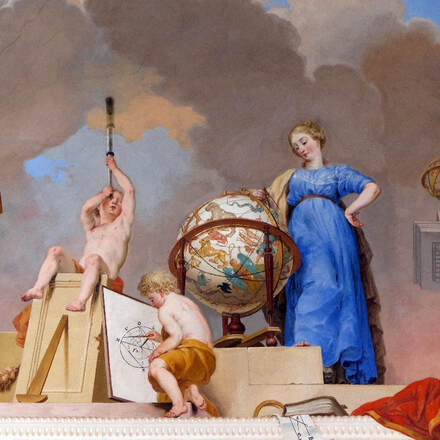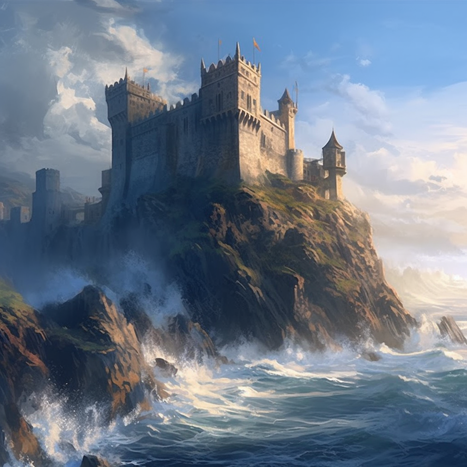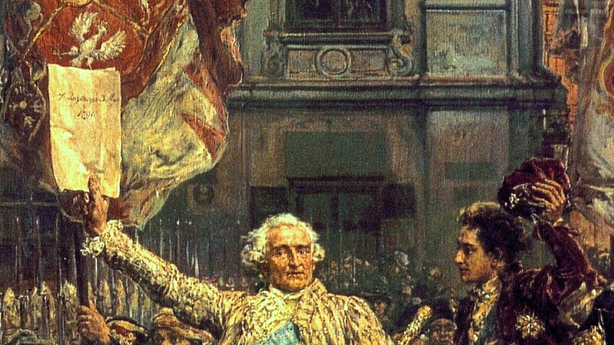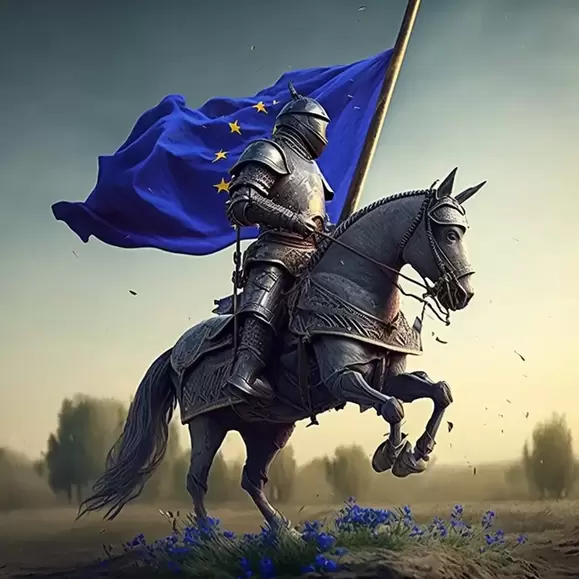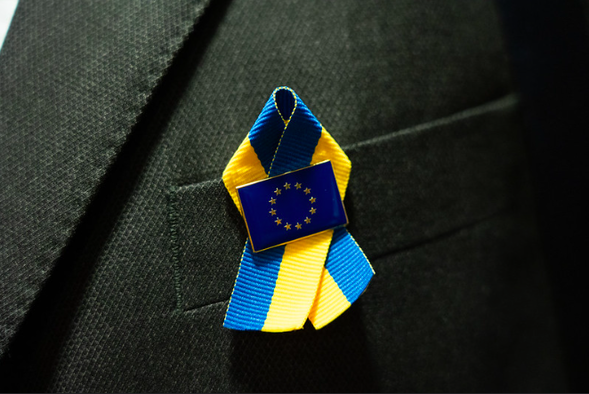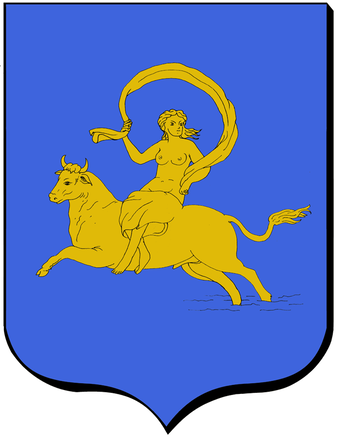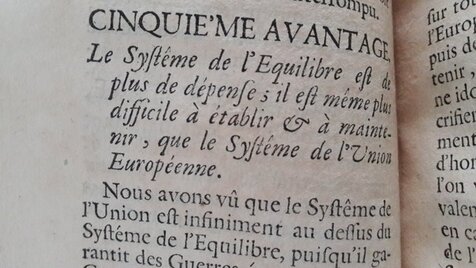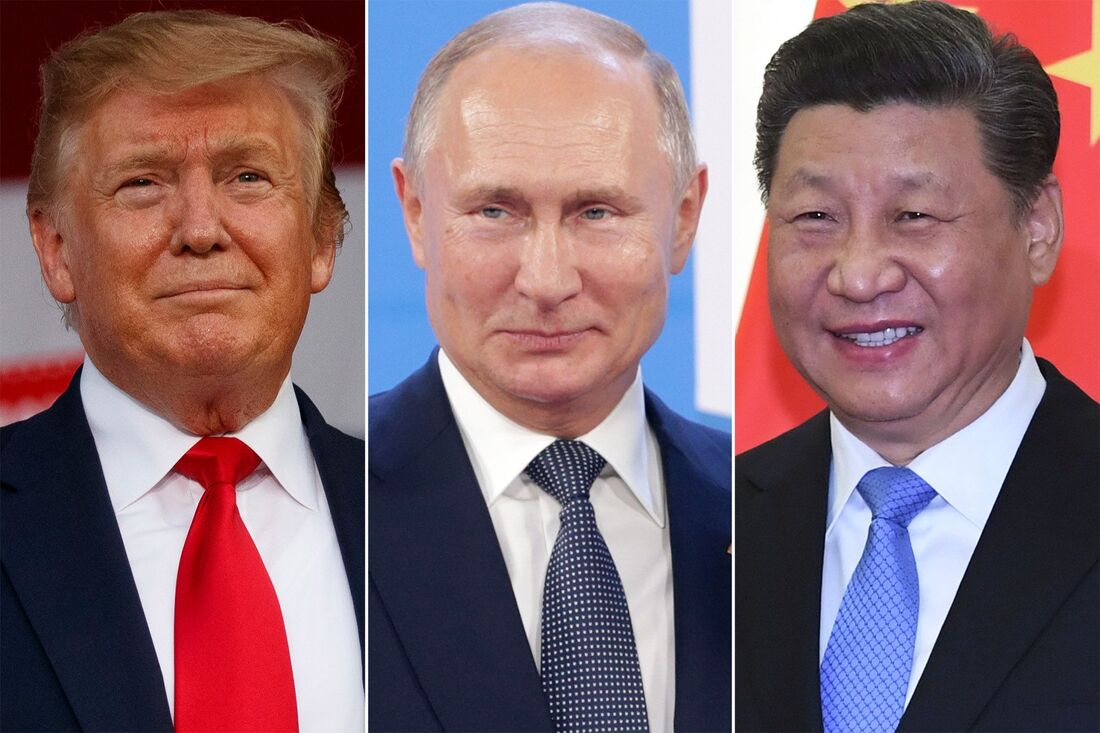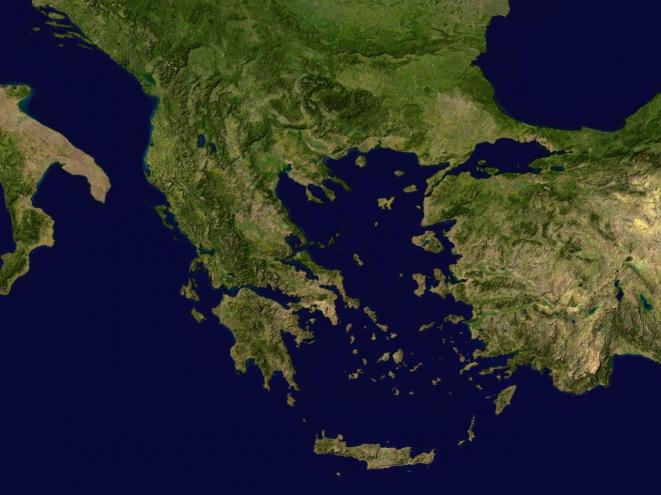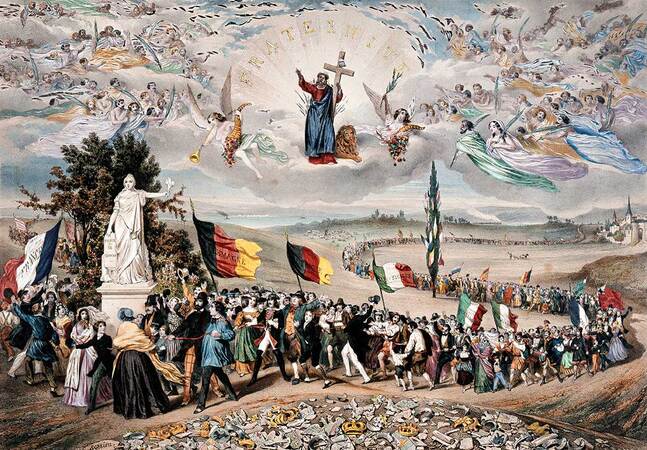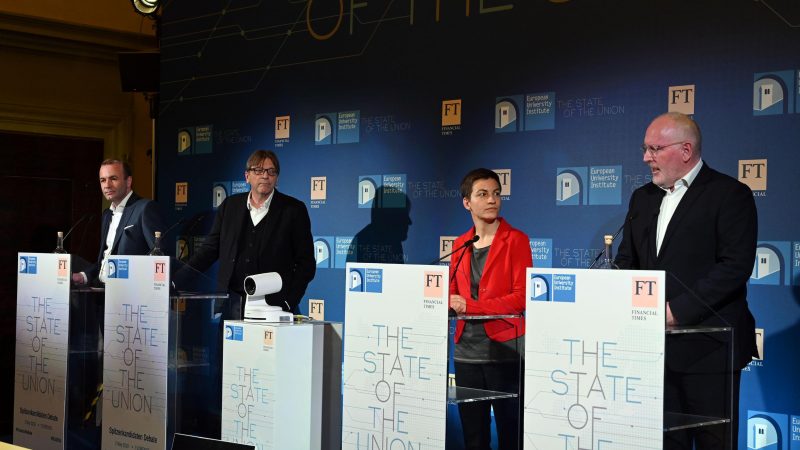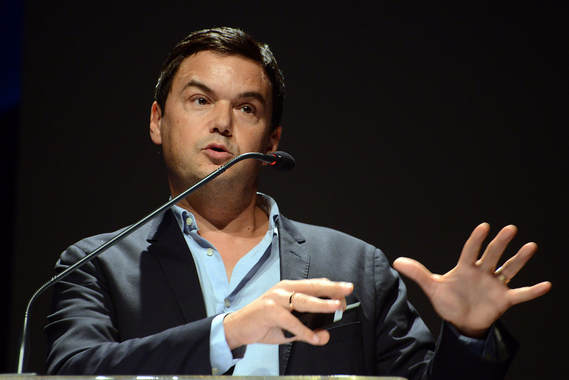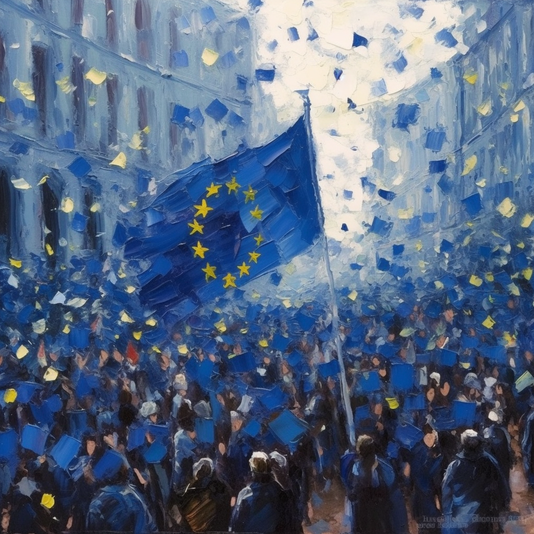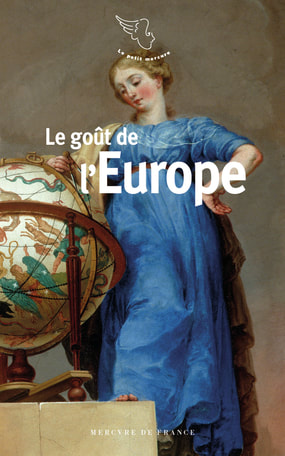|
Les déclarations du président Macron sur le fait que l’envoi de troupes en Ukraine ne pouvait être exclu et le débat parlementaire sur l’accord de sécurité franco-ukrainien ont eu pour effet d’ouvrir plus largement le débat public en France au sujet de la guerre. C’est une bonne chose car, en démocratie, une stratégie n’est vraiment efficace que si les citoyens la comprennent et l’approuvent.
This article originally appeared in Népszava (in Hungarian) on 28 December 2023.
The 14 and 15 December European Council, during which Prime Minister Orbán strongly argued against the prospect of Ukrainian European Union (EU) membership and EU support for Ukraine, was an eye-opener for many Western observers. Until then, Orbán had often been seen as essentially seeking to monetise his support, but he was not necessarily seen as a major obstacle to the implementation of European support for Ukraine. This view seemed to be supported by the fact that the EU was able to unanimously adopt 12 packages of sanctions against Russia. This collective appeal was originally published by Encompass (in English) and European Pravda (in Ukrainian) on 11 December 2023, by Le Monde (in French) on 13 December 2023, by El País (in Spanish) and Il Foglio (in Italian) on 15 December 2023.
Alarm bells are ringing. While Ukrainian forces are struggling on the frontline, unequipped for a long war of attrition, Russia is cranking up its arms production, Europe is falling behind on its promise of ammunition deliveries, and the US, with its upcoming election, is threatening to end its military aid. This poem originally appeared in EuropeNow, on 21 November 2023.
When the world was young Places did not exist Earth heaven ocean Stood side by side In every direction This poem originally appeared in EuropeNow, on 21 November 2023.
In a time whose knowledge Has sunk into the abyss Of human memory In a place where the eye Now sees nothing But the dull kiss Of ocean and heaven There once was The proud island of Atlantis This poem originally appeared in EuropeNow, on 16 May 2023.
Europe is a castle. Where the wide plains of Asia strangle, stand its chiselled outline, its inner moat, its ocean-backed towers. This article originally appeared in EURACTIV, on 10 May 2023.
Qualified majority voting could become a bulwark against Russia and Poland should lead the movement towards it. On 9 May, I hope that the coming year will see Europe become stronger, more confident, proud and better able to defend itself against external threats.
This article originally appeared in EUROPP – European Politics and Policy on 3 January 2023.
Much has already been said about John Mearsheimer and Stephen Walt’s claims that, according to the realist approach to international relations, the West is to be blamed for the Russia-Ukraine war. Their main argument is that NATO and the EU have recklessly interfered with the Russian traditional sphere of influence by expanding to the East first, and then by cooperating with Ukraine, which caused Moscow to react to protect its turf. This article originally appeared in EUROPP – European Politics and Policy on 8 September 2022.
On 25 May, Dmytro Kuleba, Ukraine’s Foreign Minister, declared the following: “What we saw are some revolutionary ground-breaking decisions taken by the European Union, which even they themselves did not expect to make. And we see NATO as an alliance, as an institution, sidelined and doing literally nothing.” This article originally appeared in EUobserver on 21 April 2022.
Wars have often been catalysts for new European defence initiatives. In 1950, the launch of the Korean War and the fear of a Soviet invasion of Western Europe led to the French-inspired project of a fully integrated European army. After the Cold War, European states’ experience of the Balkans crises in Bosnia and Kosovo encouraged the birth of the EU Common Security and Defence Policy. The idea of a European Union is not a new one; it has been around for centuries.
The idea of a European Union does not belong to a ruling elite or an institution; it is the common good of all those who believe in it. Today we celebrate a destiny. The European Union (EU) is frequently accused of constraining and weakening national democracies. On the other hand, history teaches us that democracies are often far more likely to suffer as a result of being too small and divided among themselves than as a result of being united.
Democracy and Europe are two sister ideas. Both were born in Greece, around the 6th century BC. Both developed in the classical period, marked by the geopolitical opposition between the Europe of Greek cities and the Asia of the Persian ‘Great King’. We should remember this historical connection. It is now more vital than ever to reactivate it.
The European Union (EU) often is considered impossible to transform because it is governed by treaties that only can be revised by unanimity. While national politics, despite all the limitations of representative democracy, is an arena in which competition is arbitrated through universal suffrage, European politics often is perceived as being totally out of citizens’ control, governed through elitist, and often confidential, negotiations that are insensitive to the public’s discontent and aspirations. Are there only two choices––accept the EU as is or leave it?
Without knowing the outcome of the next European Parliament (EP) elections, or the name of the future President of the European Commission, we can already affirm that the Spitzenkandidat system has failed.
An idea is haunting Europe. In the UK, it is invoked by both Brexit opponents and supporters. In France, it is the main demand of the Yellow Vest movement. In Eastern Europe, it crystallises confrontations between governments and civil societies. Everywhere new parties, citizen movements and associations appear with the intention to defend it and work to improve it. Dating back to ancient times, it is forever young, never to be taken for granted, always in struggle. It is democracy.
The Manifesto for the Democratisation of Europe, promoted by economist Thomas Piketty and recently published in several European newspapers, is a welcome contribution to the debate on EU democratisation. Instead of waiting for elected officials to propose reforms, the citizens who signed this manifesto have decided to put an ambitious project on the table to launch a Europe-wide public debate. This is exactly the kind of bottom-up initiative that the EU needs today. Does this project respond to the aim of democratising Europe? Unfortunately, not really.
We, citizens, Europeans and democrats:
CONSIDER that the European Union is plagued more than ever by old and new evils: elitism, which confines debates and decisions to a small circle of leaders; immobilism, which increasingly hinders reform; national egoisms of all kinds, which maintain the illusion that problems can be solved by being pushed to neighbours; authoritarianism, which threatens public freedoms. |
My name is Pierre Haroche and I am a specialist in European integration and European security.
In this blog I present my thoughts on EU democracy, defence and identity. If you are interested in my proposals, do not hesitate to get in touch! |
Proudly powered by Weebly


